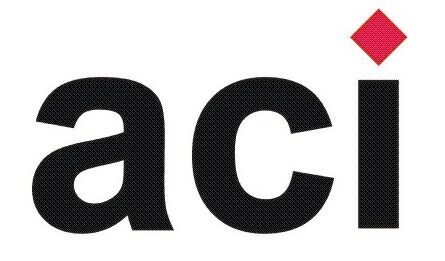
- Academic Papers
- Case Studies
- Work in-Progress Papers
- Round Table Discussion Proposals
- PhD Papers
- Posters
- Non- Academic or Practitioner Contributions
Aims and Scope
The European Conference on Knowledge Management - ECKM, brings together academic research and practical applications of Knowledge Management from all areas. ECKM brings together varied groups of people with different perspectives, seeking to bring top research and proven best practices together into one location, for the purposes of helping practitioners find ways to put research into practice, and for researchers to gain an understanding of additional real-world problems. All Papers accepted for ECKM after the double-blind peer review process will be published in the conference proceedings, subject to author registration and payment. The Proceedings is a published book with an ISBN and ISSN.
Please see the ECKM Call for Papers, important dates below.
Key Topics
- The fundamentals of Knowledge Management
- Knowledge Management in the Organisation
- Knowledge Innovation
- Intellectual Capital
- Knowledge Management Systems
- Knowledge Management in Practice
- Knowledge Sharing
- The Knowledge Economy
- Knowledge Dynamics
For more information on Key Topics, please click here
Mini Tracks
- Conversational AI within Higher Education Institutions
- Ethics and Human Values in the Knowledge Life Cycle
- How to … Lessons Learned
- Storytelling as an Organisational Knowledge-sharing tool
- Digital technologies for knowledge sharing in the hybrid workplace
- Challenges and Solutions for Sustainable Knowledge Management
- Knowledge Management in Different Cultural Contexts
- Age of Digitalisation
- KM and Practices in Family Firms
- Knowledge Transfer, Exchange and Creation Among Experts with Different Backgrounds
- Advancing Social Innovation
For more information on, or to submit to, a Mini Track, please click here
Important Dates
| Abstract submission deadline | STILL ACCEPTING ABSTRACTS FOR POSTERS AND PRESENTATIONS |
| Notification of abstract acceptance | 27 February 2024 |
| Full paper due for review | 04 April 2024 |
| Notification of paper acceptance | 13 June 2024 |
| Earlybird registration closes | 27 June 2024 |
| Final paper due (with any changes) | 11 July 2024 |
| Final Author payment date | 01 August 2024 |
| Excellence awards abstract submission | |
| Excellence awards notification of abstract acceptance | 10 April 2024 |
| Excellence awards full case history submission | 20 May 2024 |
| Excellence awards finalists announced | 20 June 2024 |
